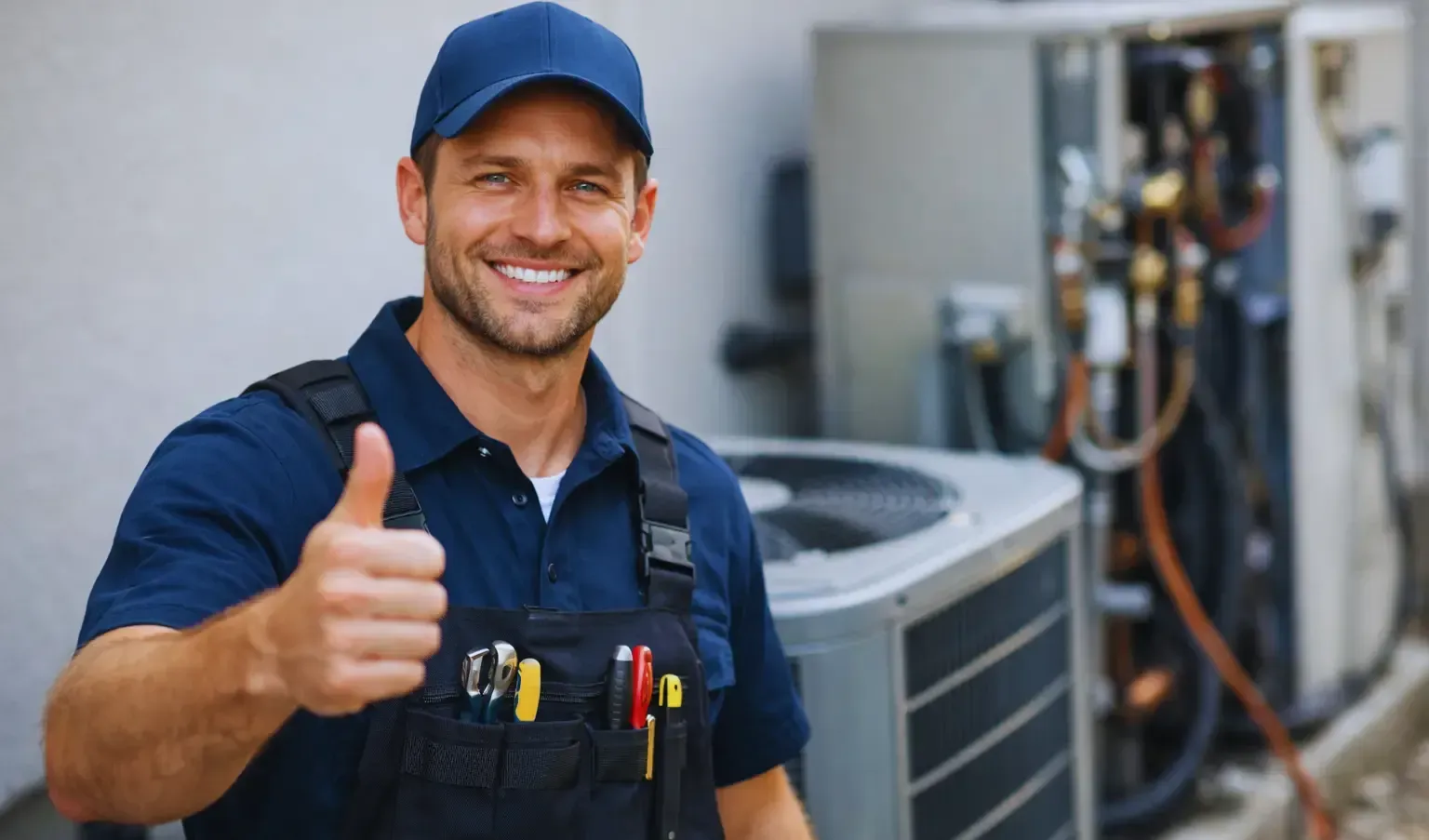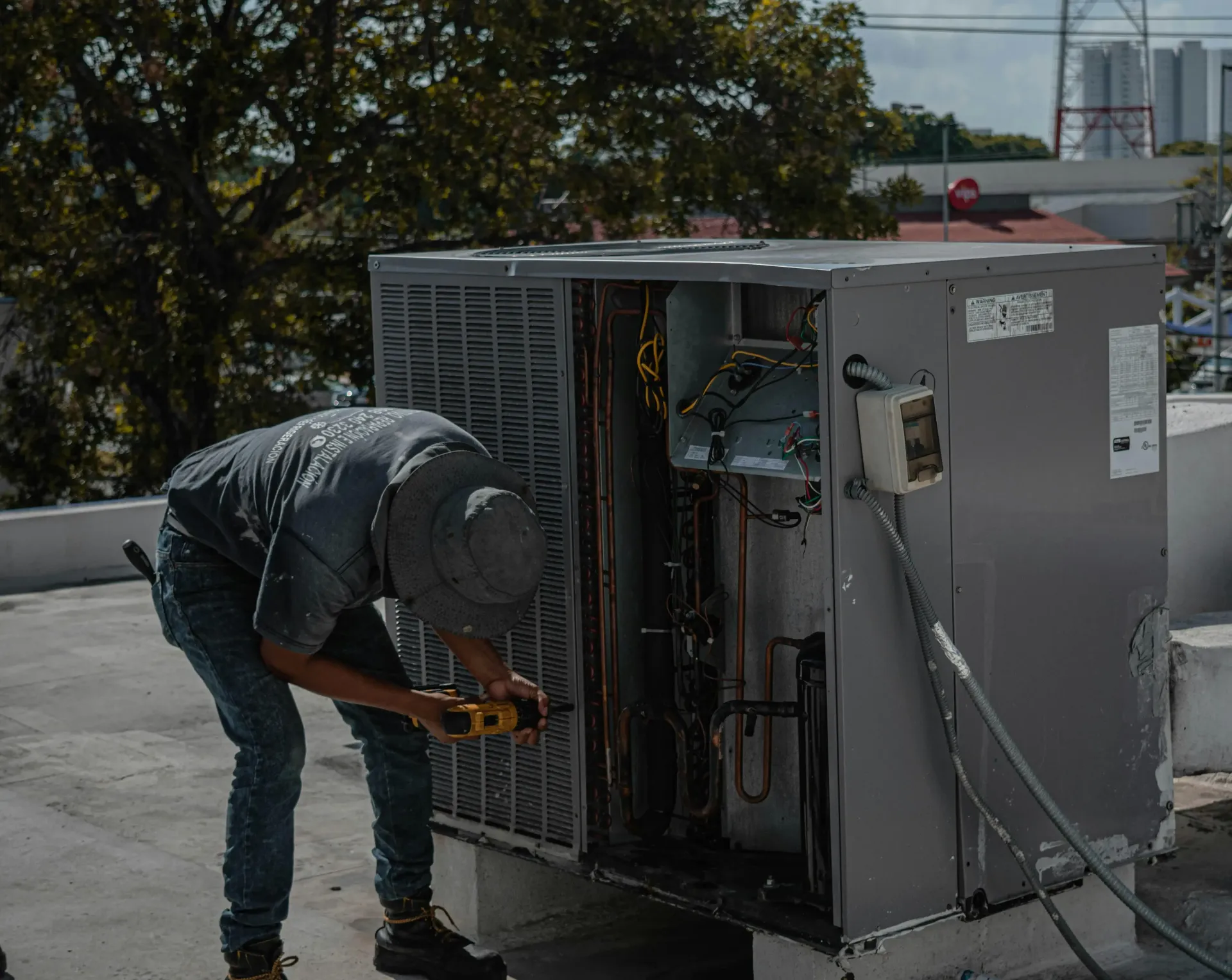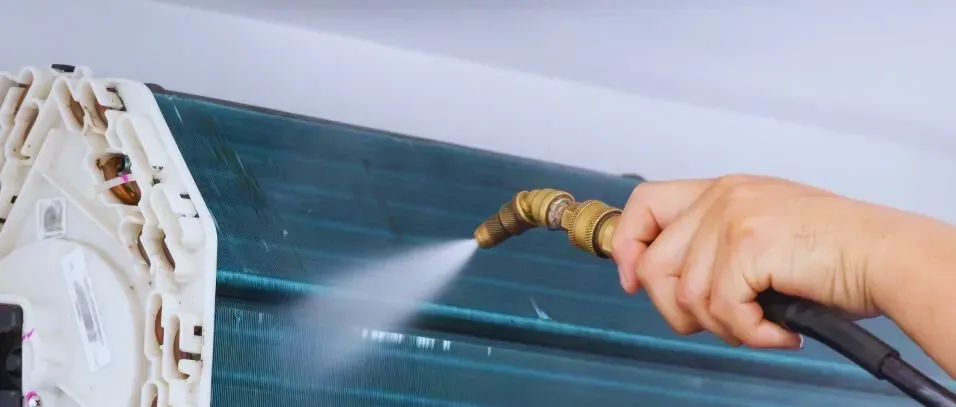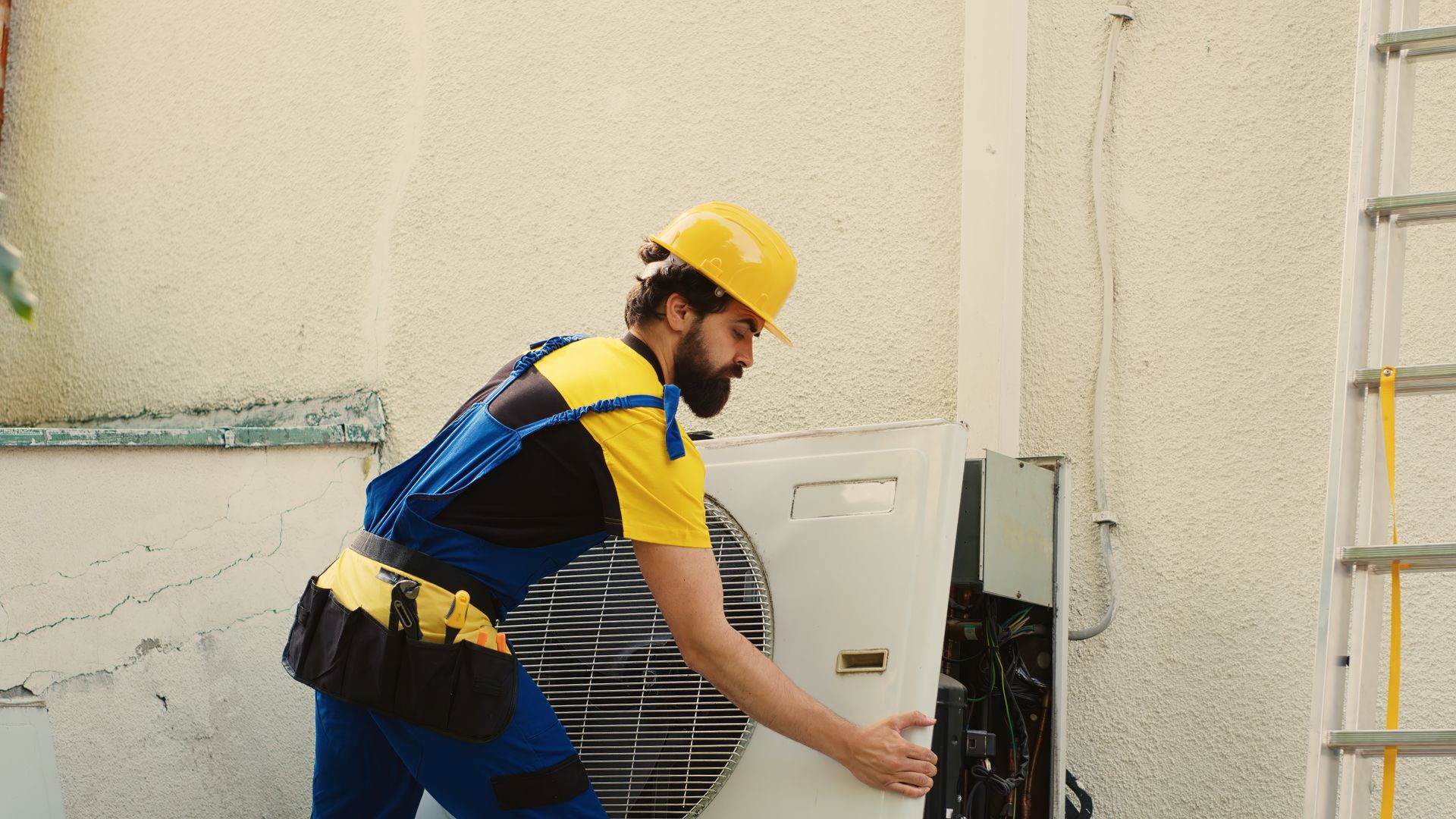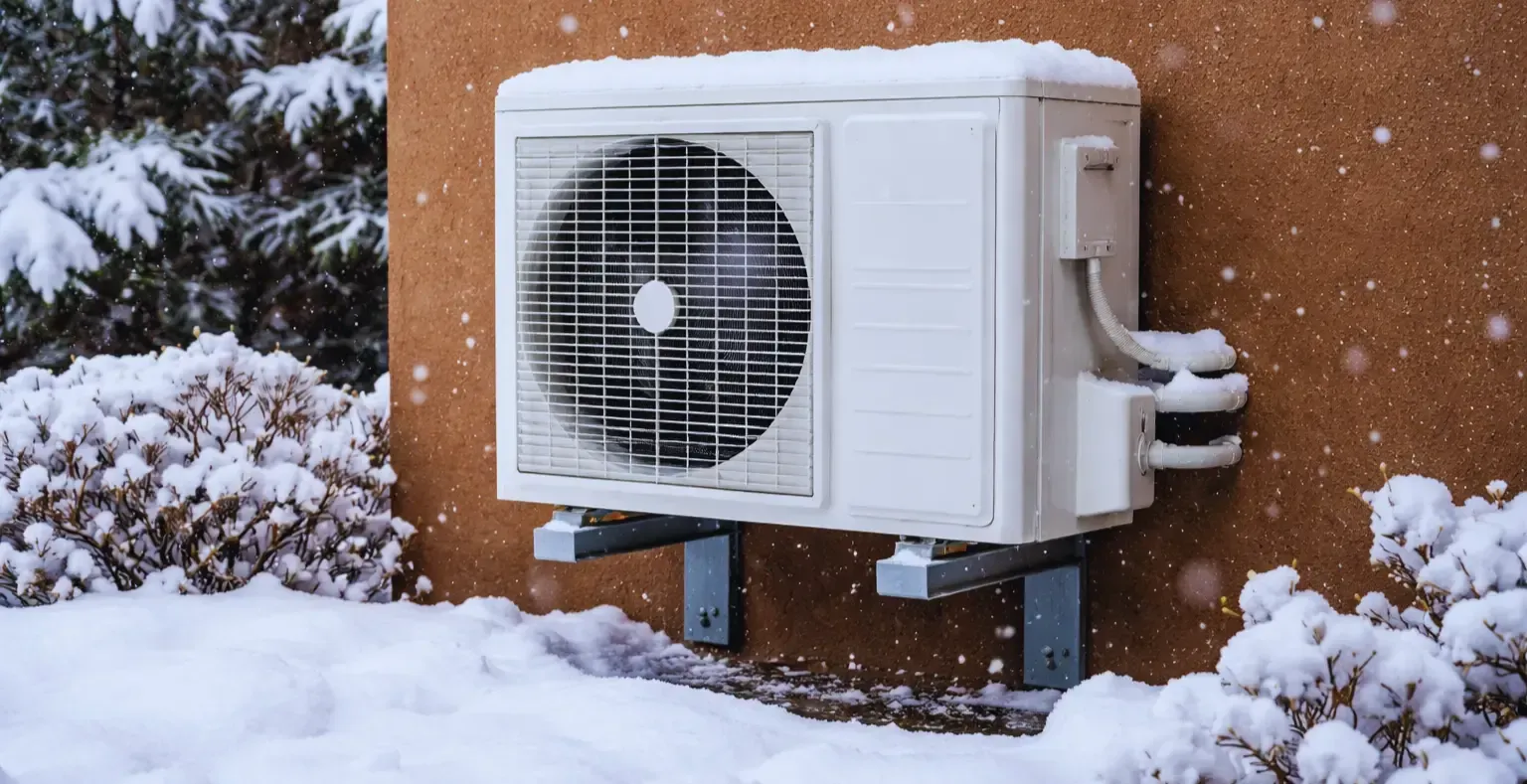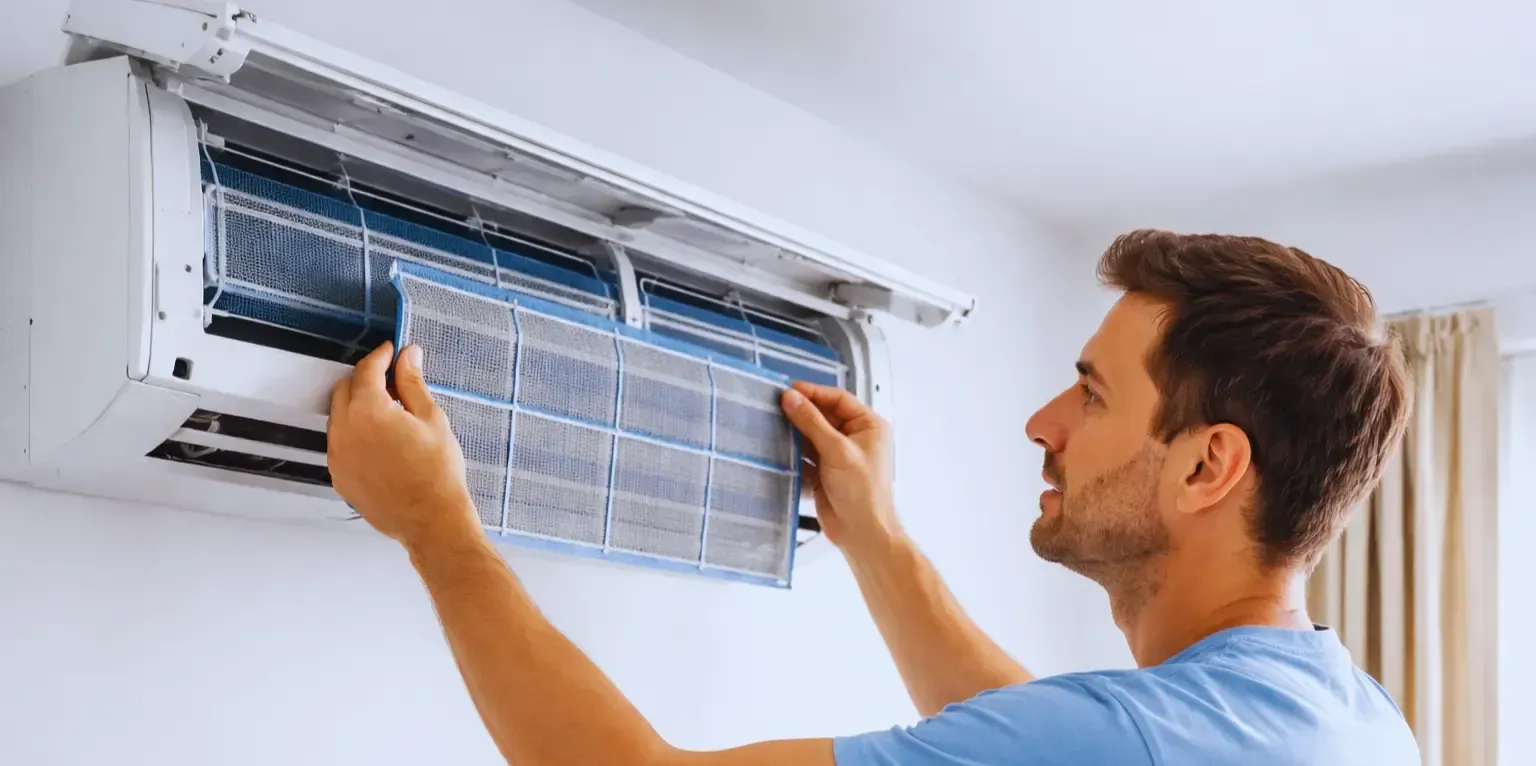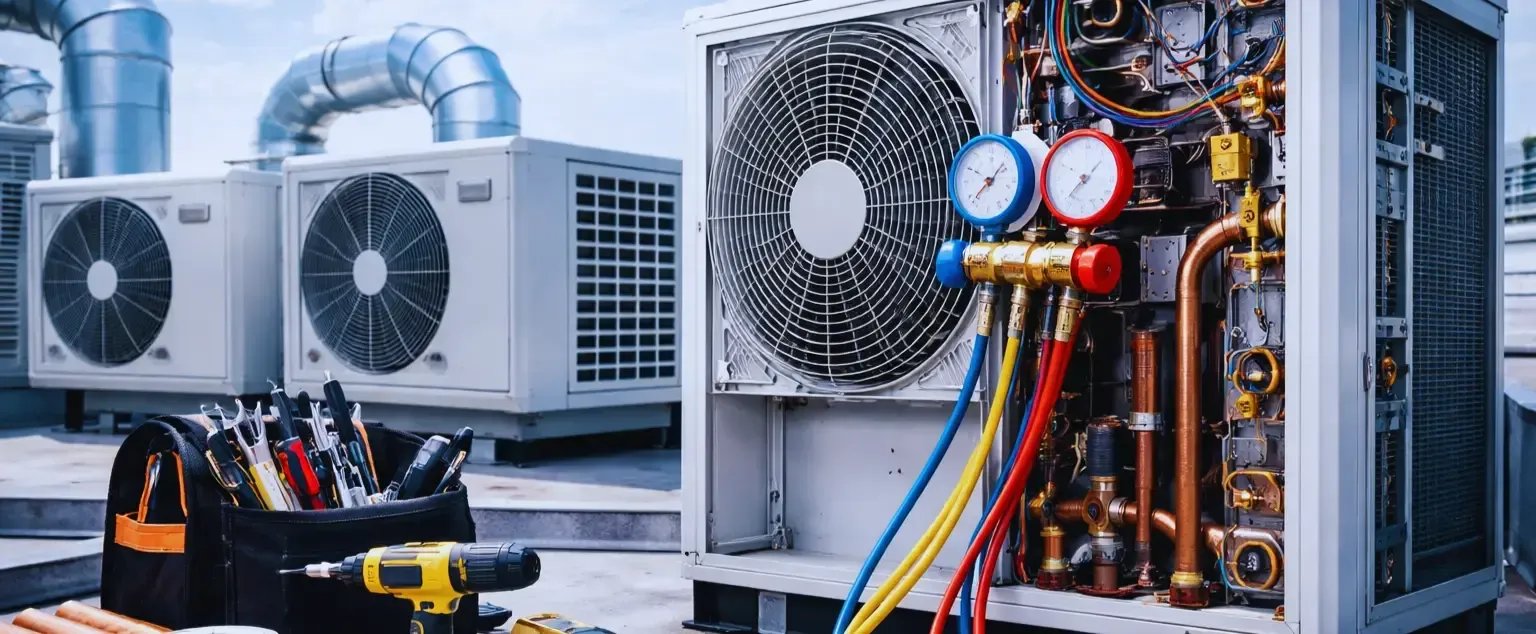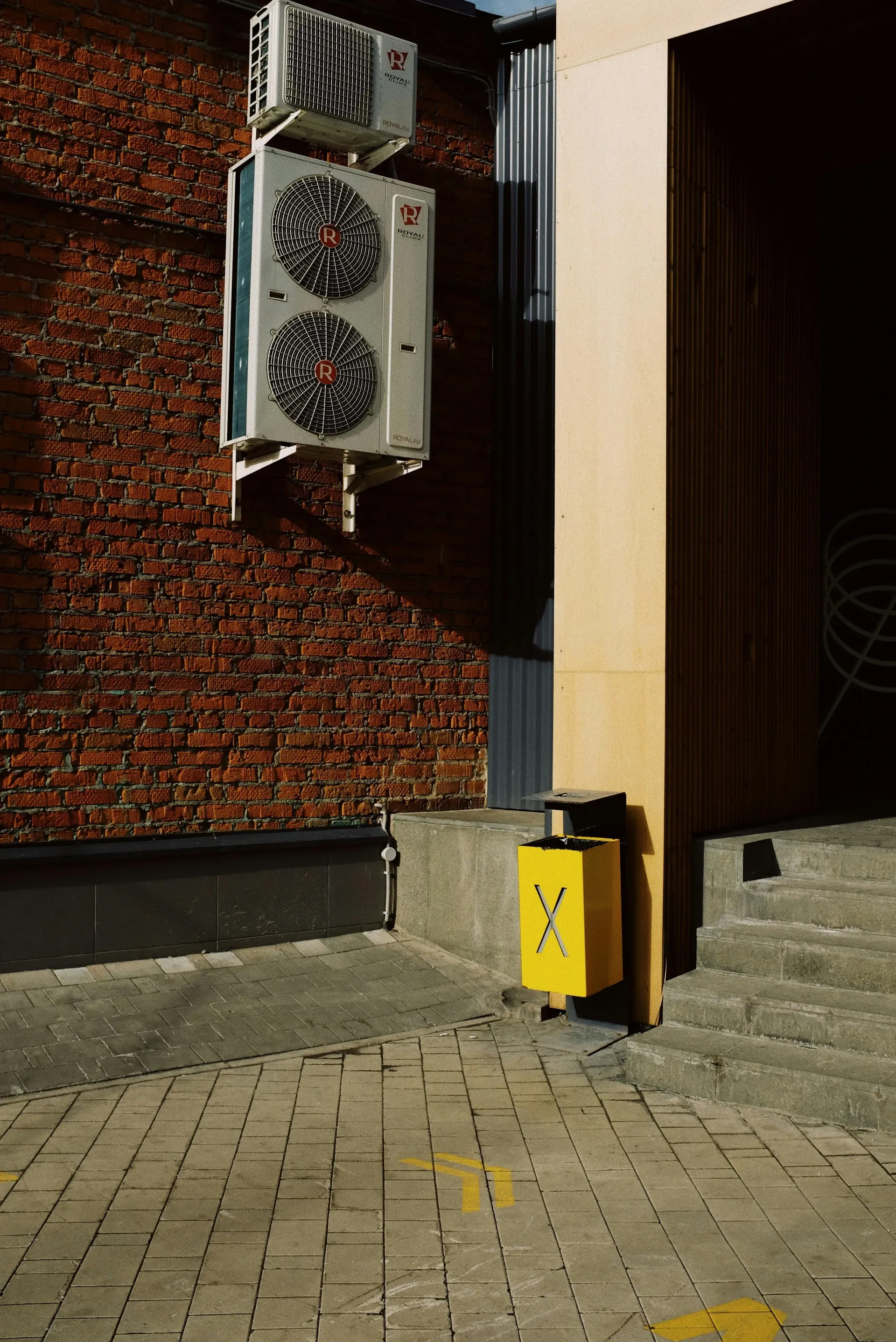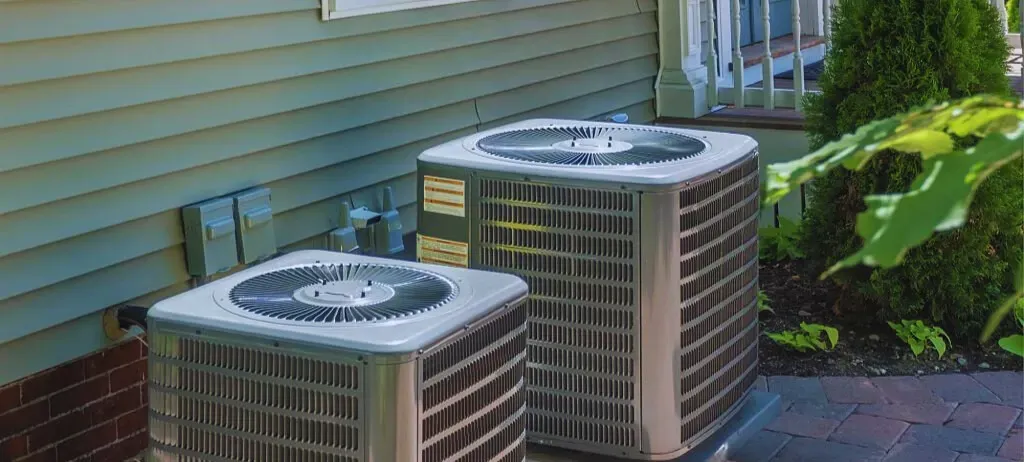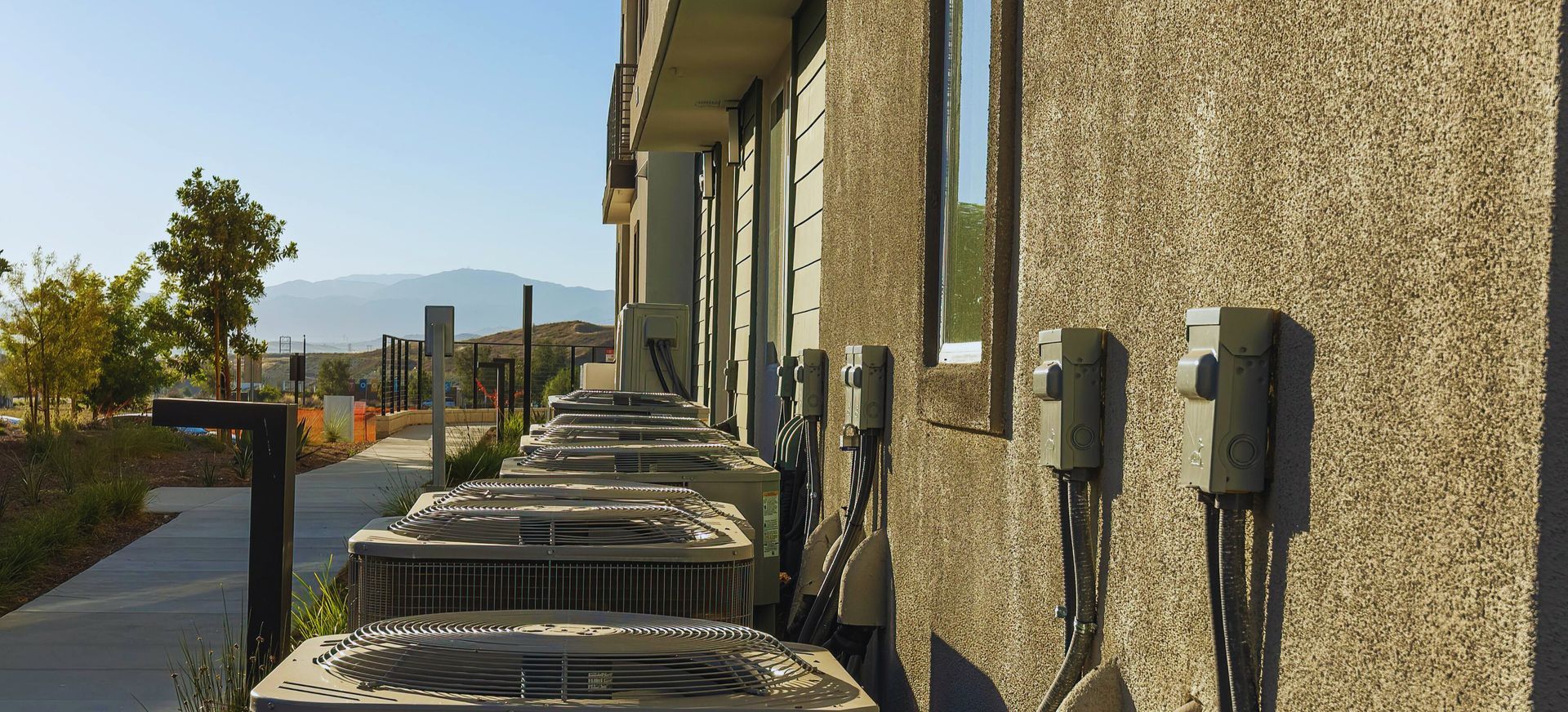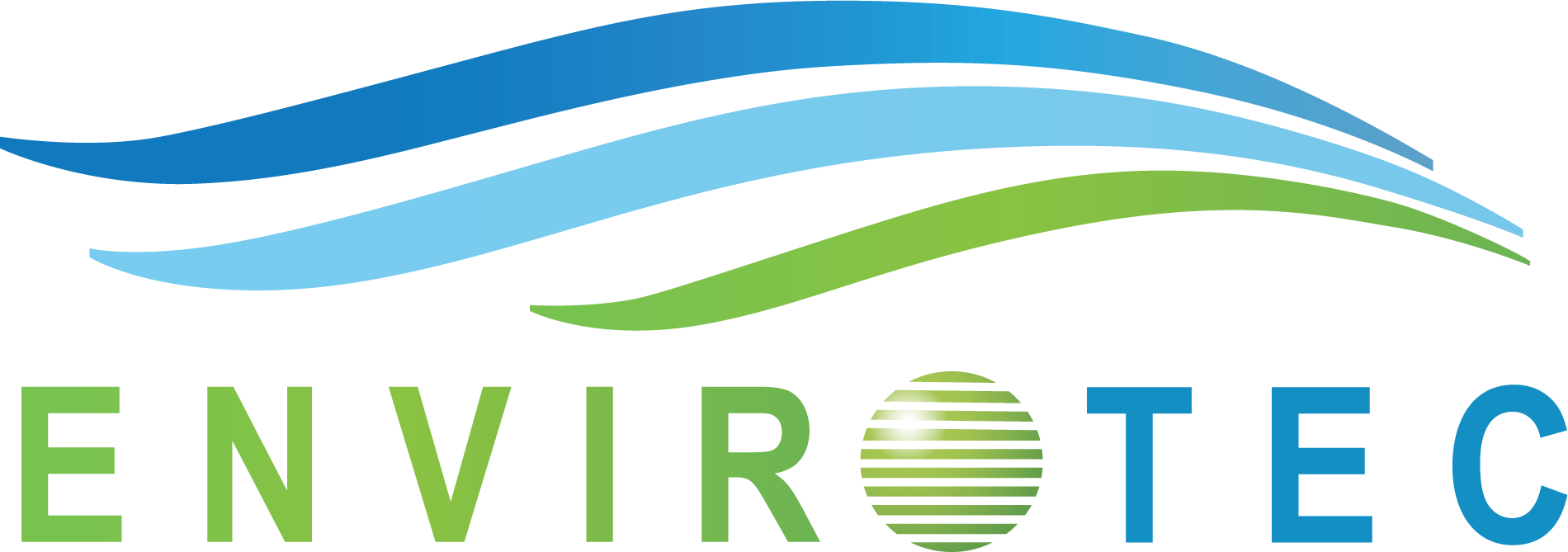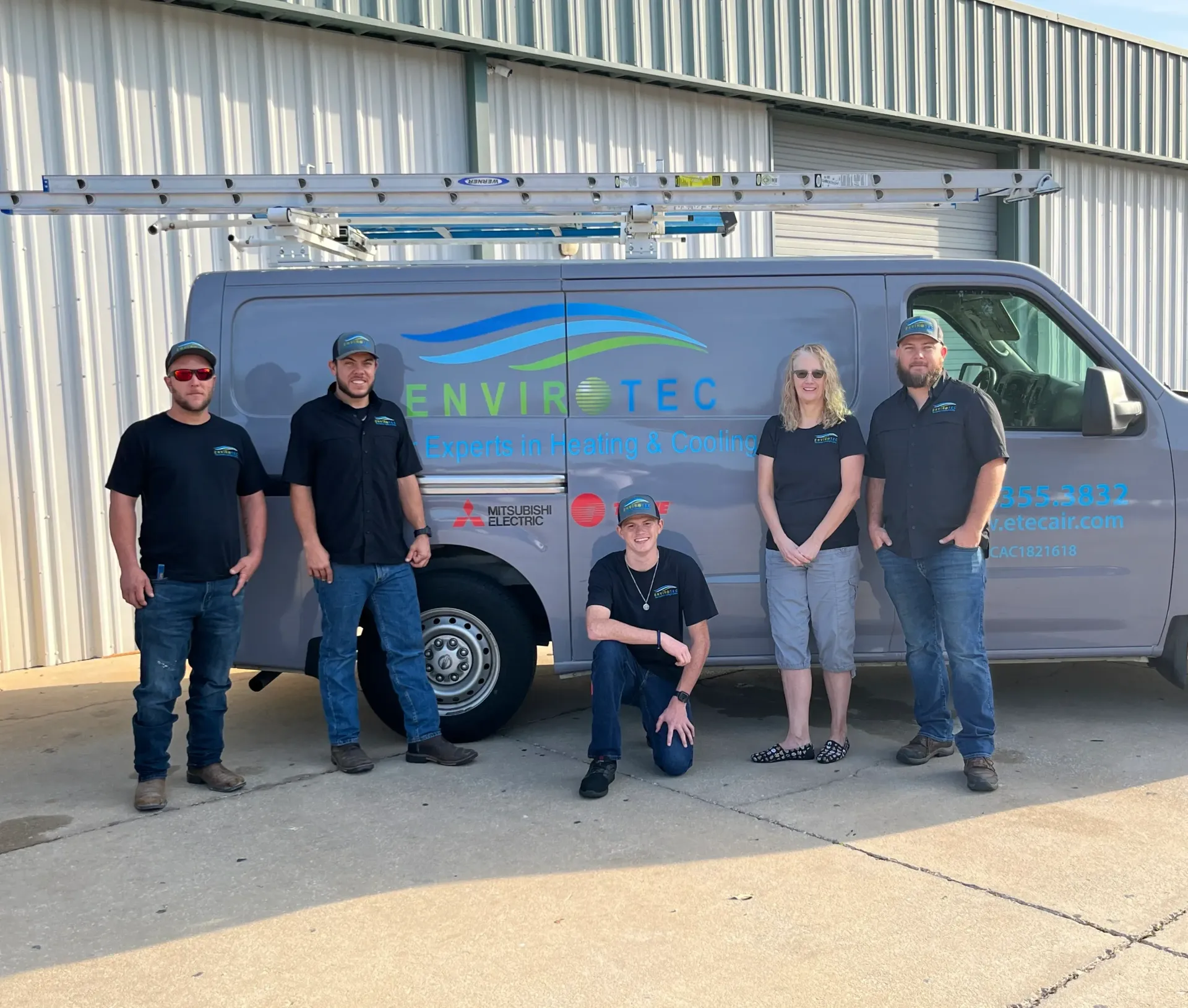Top HVAC Maintenance Tasks Every Homeowner Should Know
Your HVAC system works tirelessly behind the scenes to keep your home comfortable, safe, and energy-efficient. But without regular maintenance, it can fall into disrepair, resulting in costly repairs, reduced performance, and even health hazards. Knowing the top HVAC maintenance tasks every homeowner should know is key to extending your system's life and maximizing your investment.
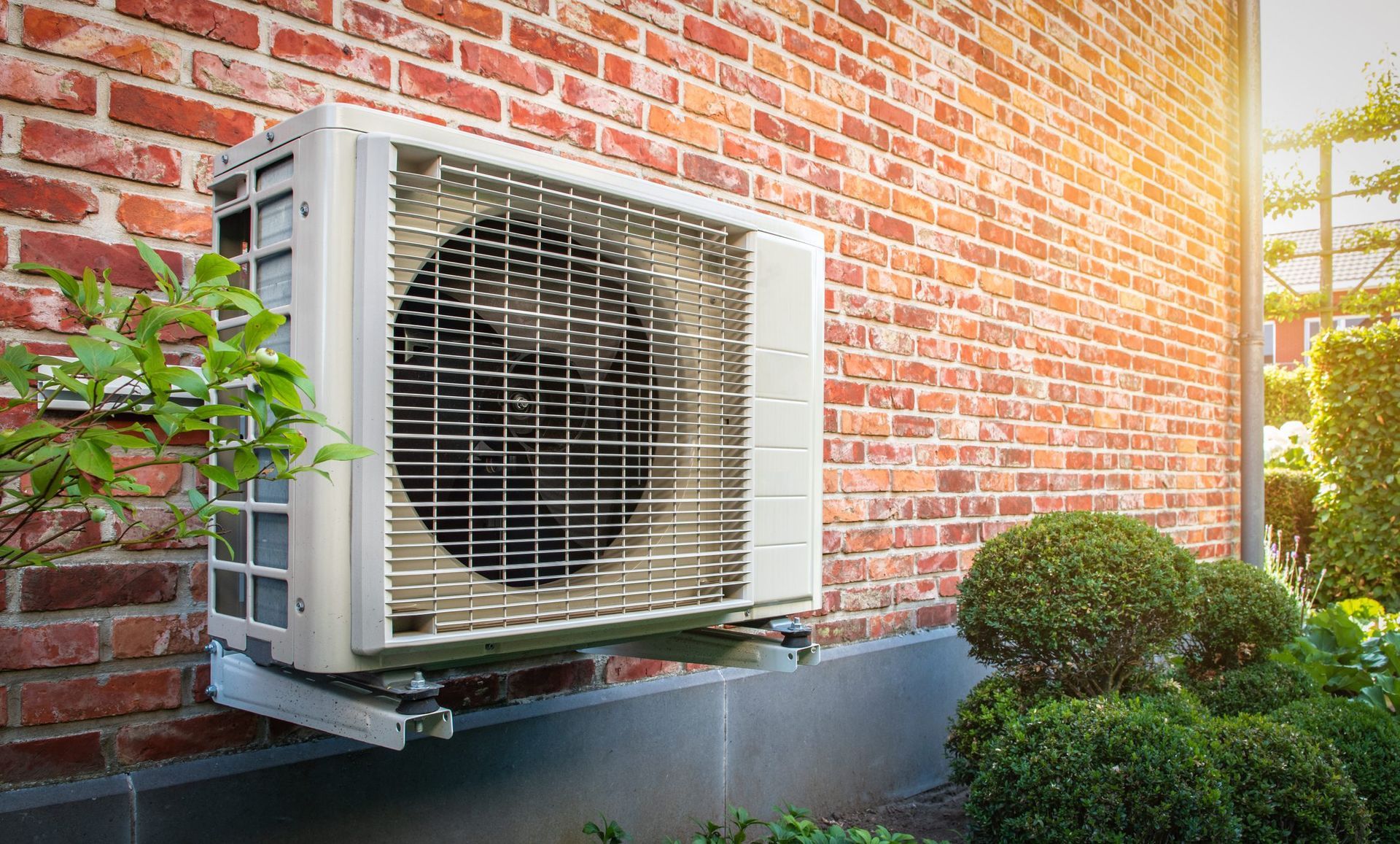
Understanding HVAC Systems
HVAC stands for Heating, Ventilation, and Air Conditioning. These systems regulate the temperature and air quality in your home. At their core, HVAC systems include components like furnaces, air conditioners, ductwork, thermostats, filters, and ventilation systems. Knowing how these parts function together provides the foundation for proper maintenance.
Why Regular HVAC Maintenance Matters
Routine HVAC maintenance prevents system failures, reduces energy bills, and ensures a comfortable home environment. Neglecting your HVAC system can lead to higher energy use, poor indoor air quality, and premature equipment breakdown. Maintenance is like an insurance policy—affordable now and valuable when you need it.
Signs Your HVAC System Needs Attention
If your HVAC system is blowing weak air, making strange noises, or cycling on and off more often than usual, it’s time to investigate. High humidity indoors, foul odors from vents, or sky-high utility bills are also red flags. These indicators suggest your system isn’t running efficiently—or safely.
HVAC Maintenance Tasks Every Homeowner Should Know
Maintaining your HVAC system doesn’t require you to be a technician. Here are essential DIY tasks every homeowner should master:
- Replace air filters every 1–3 months
- Check thermostat settings and functionality
- Clear vents and ducts of dust and obstructions
- Clean the outdoor unit
- Inspect insulation and air leaks around ductwork
- Drain and flush the condensate line
Air Filter Replacement Explained
Air filters trap dust, pollen, and other contaminants. When clogged, they restrict airflow, reduce efficiency, and can damage your system. Choose filters rated MERV 8–13 for best results and replace them more frequently if you have pets, allergies, or a dusty environment.
Thermostat Calibration and Testing
Thermostats are the brain of your HVAC system. Check its calibration by comparing its reading to a separate room thermometer. Smart thermostats offer even more control and energy savings, learning your schedule and adjusting temperatures accordingly.
Cleaning and Clearing Vents
Dust and debris in vents obstruct airflow and spread allergens. Use a vacuum with a brush attachment to clean registers. Periodically, consider hiring a duct cleaning professional if buildup is significant or if you’ve had a pest infestation.
Checking and Sealing Air Leaks
Air leaks are sneaky energy thieves. Use a candle or incense stick near ducts and windows to find leaks. Seal gaps with weatherstripping or duct mastic to enhance efficiency and comfort.
Inspecting Insulation Around Ductwork
Uninsulated or poorly insulated ductwork loses precious heated or cooled air. Ensure your attic and crawlspace ducts are properly wrapped. Reflective foil or foam board insulation can boost HVAC performance.
Testing and Resetting the Circuit Breaker
Sometimes, a non-functioning HVAC system is due to a tripped breaker. Locate your circuit breaker panel and identify the HVAC switches. Flip them off and back on, then check your system’s response.
Draining the Condensate Line
Algae and debris clogging the drain line can cause water backups and damage. Use vinegar or a commercial cleaner monthly to flush the line. If it backs up, use a wet/dry vacuum on the outdoor drain pipe to remove clogs.
Cleaning Coils (Evaporator & Condenser)
Dirty coils reduce the system’s cooling power. While deep cleaning may require a professional, you can gently rinse the outdoor condenser with a hose (not pressure washer) and wipe down accessible evaporator coils indoors.
Listening for Unusual Noises
A clicking, banging, or squealing sound could indicate fan issues, motor problems, or loose parts. Don’t ignore the noise. Investigate, or better yet, Contact a technician if unsure.
Evaluating System Efficiency
Notice your system working harder for the same output? It may be time for a seasonal tune-up or even a system upgrade. Compare your system’s SEER (Seasonal Energy Efficiency Ratio) to modern standards—higher means better efficiency.
How Seasonal Changes Affect Your HVAC
Cold and heat both put stress on your HVAC. In summer, clear leaves and grass from the outdoor unit. In winter, change filters more often. Schedule HVAC System Service in the spring and fall for optimal performance.
Annual HVAC Maintenance Checklist
A proactive checklist ensures you never miss a beat in keeping your HVAC in peak condition. Break it down like this:
Season Task
Spring Schedule A/C tune-up, clean coils, replace filters
Summer Inspect outdoor unit, test thermostat, remove debris
Fall Replace furnace filters, inspect heat exchanger
Winter Monitor airflow, test carbon monoxide detectors
Keeping this calendar visible—perhaps posted near your furnace—can serve as a simple reminder.
Common Mistakes Homeowners Make
Homeowners often make avoidable missteps that end up costing them. The most common include:
- Skipping seasonal check-ups
- Blocking air vents with furniture
- Using the wrong size filters
- Ignoring strange system noises
- Neglecting to clean around the outdoor unit
Avoid these, and your HVAC system will thank you in lower utility bills and fewer breakdowns.
Smart HVAC Devices and Tools
Today’s homeowners can leverage technology to enhance HVAC efficiency. Smart thermostats like Nest or Ecobee learn your behavior and help reduce energy usage. Leak detectors and smart sensors can even send alerts to your phone if something goes wrong.
Carbon Monoxide Detectors and HVAC
Gas furnaces can pose carbon monoxide (CO) risks. Detectors should be installed on every level of your home—especially near sleeping areas. Test them monthly and replace batteries twice a year.
Keeping Your Outdoor Unit Clean
Outdoor units are vulnerable to leaves, dust, and grass clippings. Keep at least two feet of clearance around them. Trim plants back, remove debris after storms, and use a garden hose to rinse off dirt buildup gently.
HVAC and Indoor Air Quality
Well-maintained HVAC systems filter allergens, dust, and pollutants. For improved indoor air quality, consider HEPA filters, UV purifiers, or air scrubbers. These additions significantly reduce respiratory triggers, especially for those with asthma or allergies.
Pet Owners and HVAC Maintenance
If you have furry friends, you’ll need to change your filters more often—sometimes monthly. Pet hair and dander can clog filters fast. Use vacuum attachments to clean vents and invest in filters designed to trap pet-related particles.
Energy-Saving HVAC Tips for Homeowners
Want to cut costs without sacrificing comfort? Try these:
- Set thermostats higher in summer, lower in winter
- Use ceiling fans to help circulate air
- Install programmable thermostats
- Use curtains strategically to block or let in heat
- Keep vents unblocked
Small tweaks can yield big savings over the year.
Dealing with HVAC During Power Outages
Power outages can disrupt HVAC systems, especially if they happen frequently. Install surge protectors to protect your equipment. After an outage, give your system a few minutes before turning it back on to avoid short-cycling damage.
HVAC Maintenance for Allergy Sufferers
Those with allergies should use HEPA filters, clean vents more often, and consider installing UV light purifiers in the system. These devices kill airborne bacteria and mold, ensuring cleaner indoor air.
How to Hire the Right HVAC Technician
Don’t wait until there’s an emergency to find a trustworthy technician. Look for:
- NATE certification
- Local licensing
- Positive reviews and references
- Fair, upfront pricing
Always ask if they offer a routine HVAC System Service, and be cautious of anyone pressuring you into expensive repairs without evidence.
Frequently Asked Questions
How often should I change my HVAC filters?
Typically every 1–3 months, depending on use, pets, and allergies.
What’s the ideal thermostat setting for energy savings?
Set your thermostat to 78°F in summer and 68°F in winter for optimal savings.
Should I cover my outdoor unit in winter?
Not necessarily. Most are built to withstand the weather. However, a breathable cover can protect it from debris—just avoid plastic covers that trap moisture.
Is duct cleaning really necessary?
Only if you notice mold, pests, or visible dust coming out. Otherwise, routine maintenance is sufficient.
How can I tell if my HVAC system is the right size for my home?
A professional load calculation considers your home’s size, insulation, windows, and climate. Oversized units short-cycle; undersized units work too hard.
When should I replace my HVAC system?
If it’s over 15 years old, frequently breaks down, or energy bills are spiking despite maintenance—it may be time for an upgrade.
Conclusion and Final Thoughts
Being proactive with HVAC maintenance empowers you to take control of your comfort, health, and finances. With just a little attention each season, you can keep your system running smoothly and avoid costly surprises.
Remember, some tasks are simple DIY projects. Others—like coil cleaning or gas furnace inspection—require a certified technician. When in doubt, Contact a trusted local HVAC professional for help.
A well-maintained HVAC system is not just about comfort. It’s about peace of mind, efficiency, and protecting one of your home's most valuable systems.
Links:
